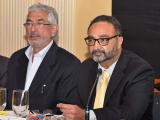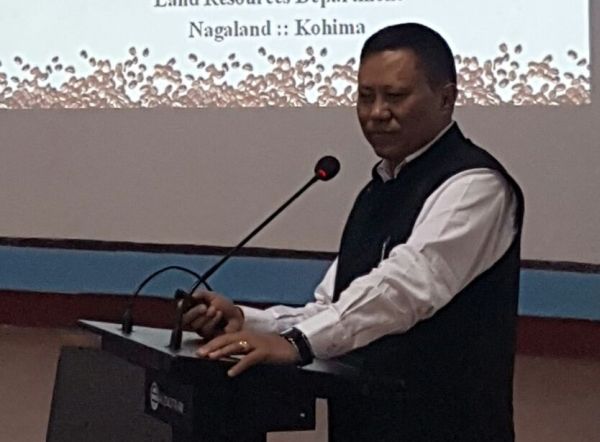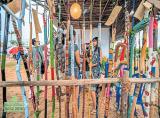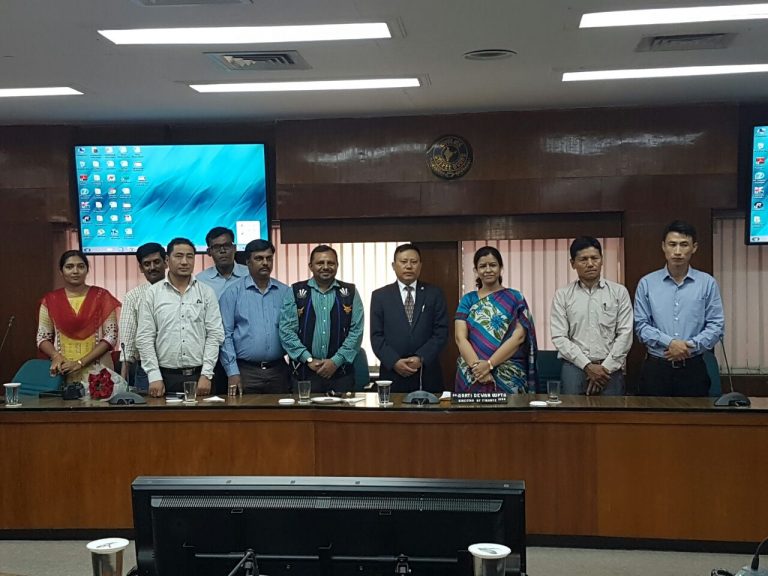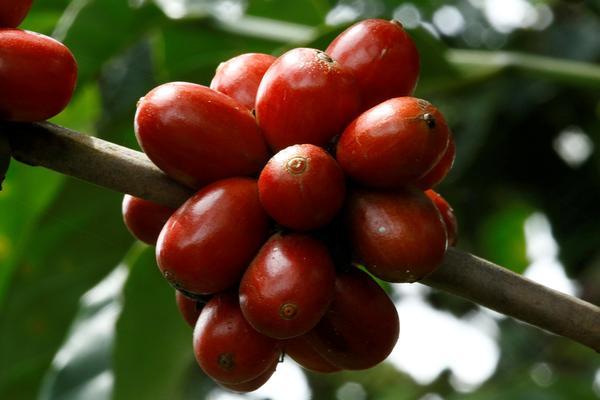Thousands of devotees witnessed the Cauvery Theerthodbhava at Talacauvery, the birth place of River Cauvery on Monday.
A slew of rituals were performed, near the Cauvery Brahmakundike where the river originates, from the morning by a group of priests led by K P Gopalarishna Achar.
The Brahmakundike was decked up with gold and silver ornaments worth Rs 60 lakh. The priests performed ‘Mahasankalpa Puje,’ ‘Rudrabhisheka’, ‘Kumkumarchane’ and ‘Mahamangalarathi’ before the water sprang from the Brahmakundike.
They sprinkled holy water on devotees, soon after Theerthodbhava. The devotees had arrived with cans, pots, tins and bottles to fetch the holy water to their places.
The devotees believe that river Cauvery makes her presence felt in the form of ‘Theertharoopini’ once in a year and that the holy water is helpful in curing the diseases and bring peace in the land.
The devotees started the day with a divine bath at the holy confluence of Cauvery, Kannike, and Sujyoti at Bhagamandala. Some of them also climbed Brahma Bagiri Betta later in the day.
Simha, Ramya attend
MP Prathap Simha, MLA Appachu Ranjan, former Mandya MP Ramya made it to Cauvery jatre while District Minister M R Seetharam, Kodagu District-in-charge Secretary Kalpana, DC Richard Vincent D’Souza gave the event a skip.
MP Prathap Simha said rainfall is decreasing in Kodagu with each passing year. Let the Goddess Cauvery ward off drought and bring peace and prosperity to the farmers and the citizens, he added. Ramya told reporters that she prayed for an early solution to the Cauvery dispute.
Elaborate security
The district administration had made elaborate security arrangements. CCTV cameras had been installed at strategic locations in and around Talacauvery. More than 500 police personnel, including those from District Armed Reserve (DAR) and Karnataka State Reserve Police (KSRP) had been deployed.
Though a large number of devotees visited Talacauvery for Theerthodbhava, the number of devotees from Tamil Nadu had declined drastically, this year. Only a few vehicles bearing the registration of Tamil Nadu were seen parked near Triveni Sangama at Bhagamandala.
A large number of devotees from Kerala took part in the festivities. “Though the turnout is good, it appears to be less than the previous year,” said a local.
Meals served
As part of Cauvery Jatre, the members of Kodagu Ekikarana Trust and Cauvery Theerthotsava Anna Santharpana Trust served meals to over 15,000 devotees.
The meals will be served for the next 30 days for free. Farmers from Mandya had sent 10,000 laddus to be distributed among devotees, 30 quintal rice, 1,500 coconuts, jaggery and vegetables for the preparation of meals to be served in the next 30 days.
Kodagu Ekikarana Trust and Cauvery Theerthotsava Anna Santharpana Trust members served Uppittu, Idli, Chutney, and carrot halwa for morning breakfast.
Cultural programmes
As part of the Theerthodbhava, the Kannada and Culture Department had organised cultural
programmes. The Health and Family Welfare Department had set up a temporary clinic for the conveniece of the devotees.
The members of Kodava Makkada Okkoota-Madikeri, Hindu Agnidala-Virajpet, Kodagu Hakku Samrakshana Samithi of Palooru, V Friends of Virajpet, Malma Yuvaka Sangha, Yuvashakti Yuvaka Sangha of Ponnampete and Bharavi Kaveri Sangha of Kushalnagar collected theertha in cans and to be distributed among households at their respective towns.
Devapat CD released
MLC K T Srikante Gowda said the people of Mandya have a great respect for the people of Kodagu. He was speaking after releasing Devapat, a CD brought out by Karnataka Kodava Sahitya Academy at Talacauvery. Gowda appealed to the people to protect Western Ghats and also help in the preservation of River Cauvery.
MLC Appaji Gowda said there is a close relationship between the people of Kodagu and Mandya. River Cauvery is the lifeline of the people of Mandya, he observed. MLCs Sunil Subramani, Veena Acchaiah, Karnataka Kodava Sahitya Academy President Biddatanda S Thammaiah also spoke.
source: http://www.deccanherald.com / Deccan Herald / Home / K A Aditya / Talacaurvery (Kodagu District) / DHNS – October 18th, 2016
